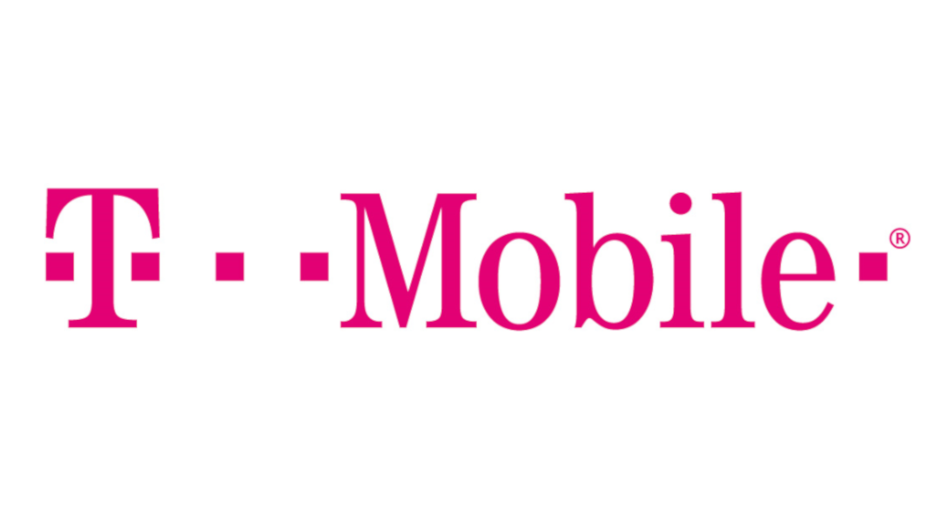T-Mobile CEO Legere stuffs critics of the Sprint merger by reiterating a major promise

T-Mobile and Sprint continue to await regulatory approval for the merger between the third and fourth largest U.S. carriers, respectively. The FCC and the DOJ still need to sign off on the deal, and as we told you yesterday, some analysts have been reducing their odds that the deal will close. T-Mobile CEO John Legere today reiterated something that he has been saying since the deal was announced nearly a year ago. In a post written on the carrier's blog, Legere maintained that the merger will "jobs-positive" from the first day. That contradicts the Communication Workers of America (CWA); the labor union says the deal will cause more than 28,000 people to lose their jobs.
While overlapping stores will close resulting in job losses, and those holding duplicate job titles will get axed, Legere says that the New T-Mobile will have more than 130 million customers following the closing of the merger. As a result, Legere says that the company will need "A LOT of people." The executive points out that T-Mobile has already committed to opening five new state-of-the-art customer experience centers in addition to expanding the centers it already has open. Each new center will result in the creation of 1,000 new jobs. T-Mobile will also expand its Team of Experts, a more personal style of customer service. This will require more customer care agents than Sprint already has. And the localized service available from Team of Experts means that if the deal is allowed to close, T-Mobile will move Sprint's overseas customer care team to the states.
"So, let me be really clear on this increasingly important topic. This merger is all about creating new, high-quality, high-paying jobs, and the New T-Mobile will be jobs-positive from Day One and every day thereafter.That’s not just a promise. That’s not just a commitment. It’s a fact. To achieve what we’re setting out to do – become the supercharged Un-carrier that delivers new value, ignites competition and delivers nationwide real 5G for All – the New T-Mobile will provide an amazing and compelling set of services for consumers. There is no doubt that growth will result from that. If we build it, they will come."-John Legere, CEO, T-Mobile
T-Mobile has been through a similar test before and passed with flying colors. Back in 2013, when T-Mobile decided to buy MetroPCS, the naysayers were predicting 10,000 people would lose their jobs once the deal closed. Since then, T-Mobile has added tens of thousands of jobs at the pre-paid carrier, doubling the number of subscribers and stores.
And for those who worry that cutting the number of major U.S. carriers by 25% will reduce competition and lead to higher prices, there is something else to consider. With the combined T-Mobile-Sprint becoming a stronger competitor to Verizon and AT&T, the deal could keep the nation's two largest carriers from raising their prices.
Follow us on Google News













Things that are NOT allowed:
To help keep our community safe and free from spam, we apply temporary limits to newly created accounts: